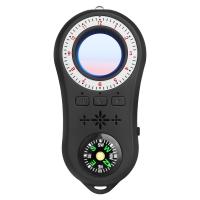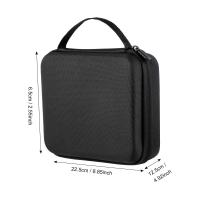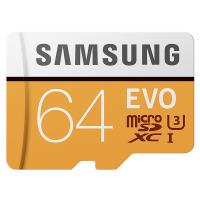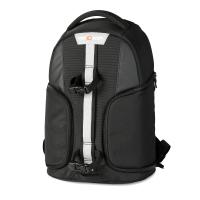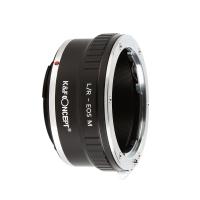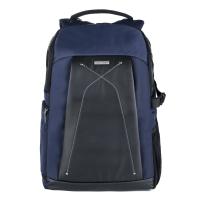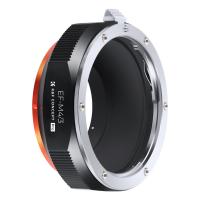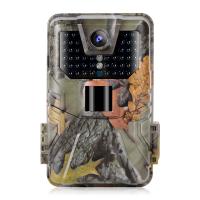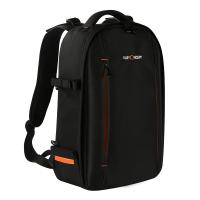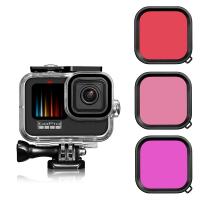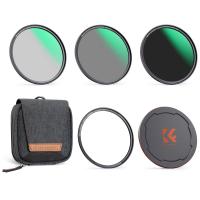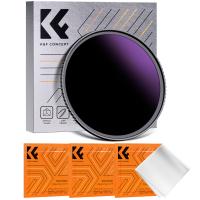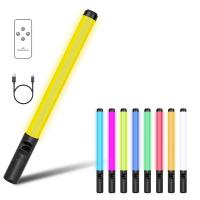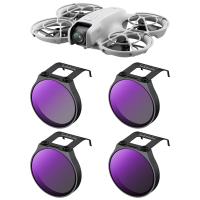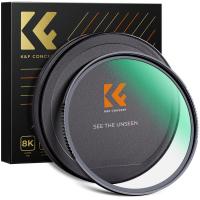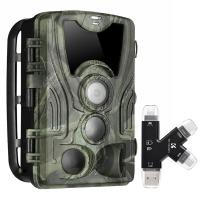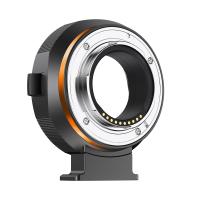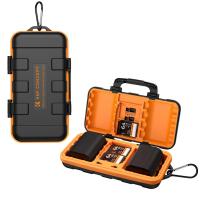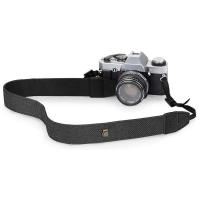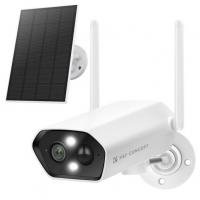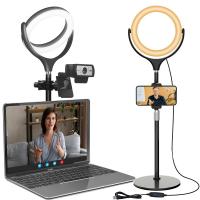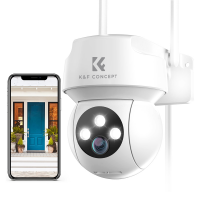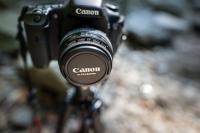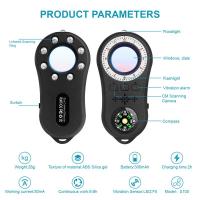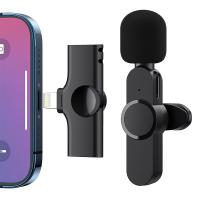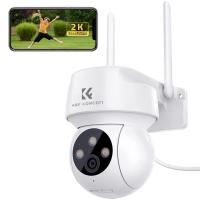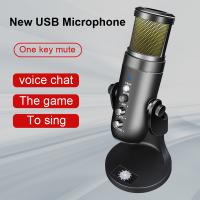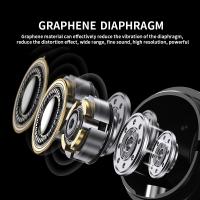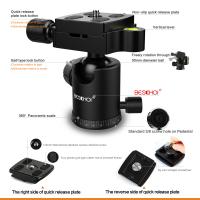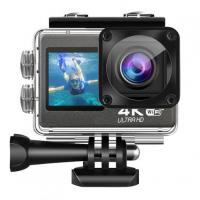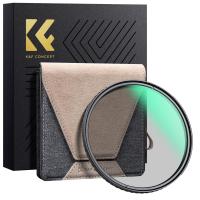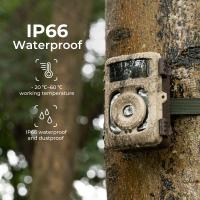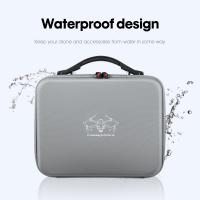Where Can I Find A Camera Store?
Finding a camera store can be a crucial task for both amateur and professional photographers. Whether you are looking to purchase a new camera, upgrade your existing gear, or simply need accessories and advice, knowing where to find a reliable camera store is essential. In this article, we will explore various avenues to locate a camera store, discuss the advantages and disadvantages of each, and provide practical tips to ensure you make the best choice for your photographic needs.
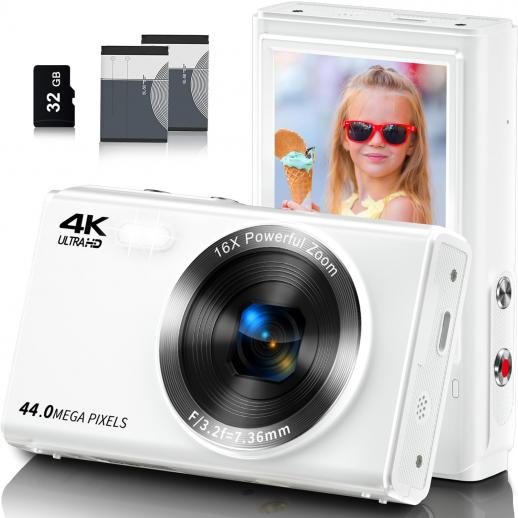
1. Local Brick-and-Mortar Stores
One of the most straightforward ways to find a camera store is to look for local brick-and-mortar establishments. These stores often provide a hands-on experience, allowing you to physically handle the cameras and accessories before making a purchase. Here are some ways to locate these stores:
- Google Maps and Online Search Engines: Simply typing "camera store near me" into Google Maps or any search engine can yield a list of nearby stores. This method also provides reviews and ratings from other customers, which can be helpful in making an informed decision.
- Yellow Pages and Local Directories: Traditional methods like the Yellow Pages or local business directories can also be useful. These resources often list specialized camera stores that may not appear in online searches.
- Word of Mouth: Asking friends, family, or colleagues for recommendations can lead you to reputable stores that they have had positive experiences with.
Advantages:
- Ability to physically inspect and test products.
- Immediate purchase and possession of items.
- Personalized customer service and expert advice.
Disadvantages:
- Limited to the stock available in-store.
- Potentially higher prices compared to online retailers.
- Inconvenience of travel and store hours.
2. Online Retailers
In the digital age, online shopping has become increasingly popular, and camera equipment is no exception. Numerous online retailers specialize in photographic gear, offering a wide range of products and competitive prices. Some well-known online camera stores include:
- B&H Photo Video: A leading retailer with an extensive selection of cameras, lenses, and accessories. They offer detailed product descriptions, customer reviews, and often have competitive pricing.
- Adorama: Another major player in the online camera market, Adorama provides a vast array of products and frequently runs promotions and discounts.
- Amazon: While not exclusively a camera store, Amazon offers a wide variety of photographic equipment from various brands and sellers. The platform's customer reviews and ratings can be particularly helpful.
Advantages:
- Wide selection of products from multiple brands.
- Competitive pricing and frequent discounts.
- Convenience of shopping from home and having items delivered.
Disadvantages:
- Inability to physically inspect products before purchase.
- Potential for longer shipping times.
- Risk of receiving counterfeit or damaged goods from third-party sellers.
3. Specialty Camera Boutiques
For those seeking high-end or niche photographic equipment, specialty camera boutiques can be an excellent option. These stores often cater to professional photographers and enthusiasts looking for specific brands or rare items. To find these boutiques:
- Photography Forums and Communities: Online forums and communities dedicated to photography can be a valuable resource. Members often share information about specialty stores and boutiques.
- Social Media: Following photography influencers and brands on social media platforms like Instagram and Facebook can lead you to boutique stores that they recommend or collaborate with.
- Trade Shows and Expos: Attending photography trade shows and expos can introduce you to specialty boutiques and allow you to network with industry professionals.
Advantages:
- Access to high-end and niche products.
- Expert advice from knowledgeable staff.
- Unique and rare items not found in mainstream stores.
Disadvantages:
- Higher prices due to the specialized nature of the products.
- Limited locations and availability.
- Potentially longer wait times for special orders.
4. Second-Hand and Vintage Stores
For those on a budget or looking for vintage equipment, second-hand and vintage stores can be a treasure trove. These stores often carry used cameras, lenses, and accessories at a fraction of the cost of new items. To find these stores:
- Online Marketplaces: Websites like eBay, Craigslist, and Facebook Marketplace are popular platforms for buying and selling used camera gear. Be sure to check seller ratings and reviews to avoid scams.
- Local Thrift Stores and Pawn Shops: These establishments occasionally carry photographic equipment. While the selection may be hit or miss, you can sometimes find great deals.
- Specialized Second-Hand Camera Stores: Some stores specialize in buying and selling used camera gear. These stores often inspect and refurbish items before selling them, providing a level of assurance about the product's condition.
Advantages:
- Lower prices compared to new equipment.
- Opportunity to find vintage and discontinued items.
- Environmentally friendly option by reusing and recycling gear.
Disadvantages:
- Limited warranty and return options.
- Potential for wear and tear or hidden defects.
- Inconsistent availability of specific items.
5. Manufacturer Stores and Authorized Dealers
Purchasing directly from manufacturer stores or authorized dealers can ensure that you are getting genuine products with full warranties. Many camera brands have their own retail stores or partner with authorized dealers to sell their products. To find these stores:
- Manufacturer Websites: Visiting the official website of camera brands like Canon, Nikon, Sony, or Fujifilm can provide information on their retail locations and authorized dealers.
- Authorized Dealer Listings: Many manufacturers provide a list of authorized dealers on their websites. Purchasing from these dealers ensures that you receive genuine products with manufacturer support.
Advantages:
- Assurance of genuine products with full warranties.
- Access to the latest models and official accessories.
- Manufacturer support and customer service.
Disadvantages:
- Potentially higher prices compared to other retailers.
- Limited to the brands and products offered by the manufacturer.
- Fewer options for used or discounted items.
Finding a camera store that meets your needs involves considering various factors such as product selection, pricing, convenience, and customer service. Whether you prefer the hands-on experience of a local brick-and-mortar store, the convenience of online shopping, the specialized offerings of a boutique, the affordability of second-hand stores, or the assurance of purchasing from an authorized dealer, there are numerous options available.
By utilizing the methods outlined in this article, you can locate a camera store that aligns with your preferences and requirements. Remember to read reviews, compare prices, and consider the advantages and disadvantages of each option to make an informed decision. Happy shopping, and may you find the perfect camera gear to capture your creative vision!



